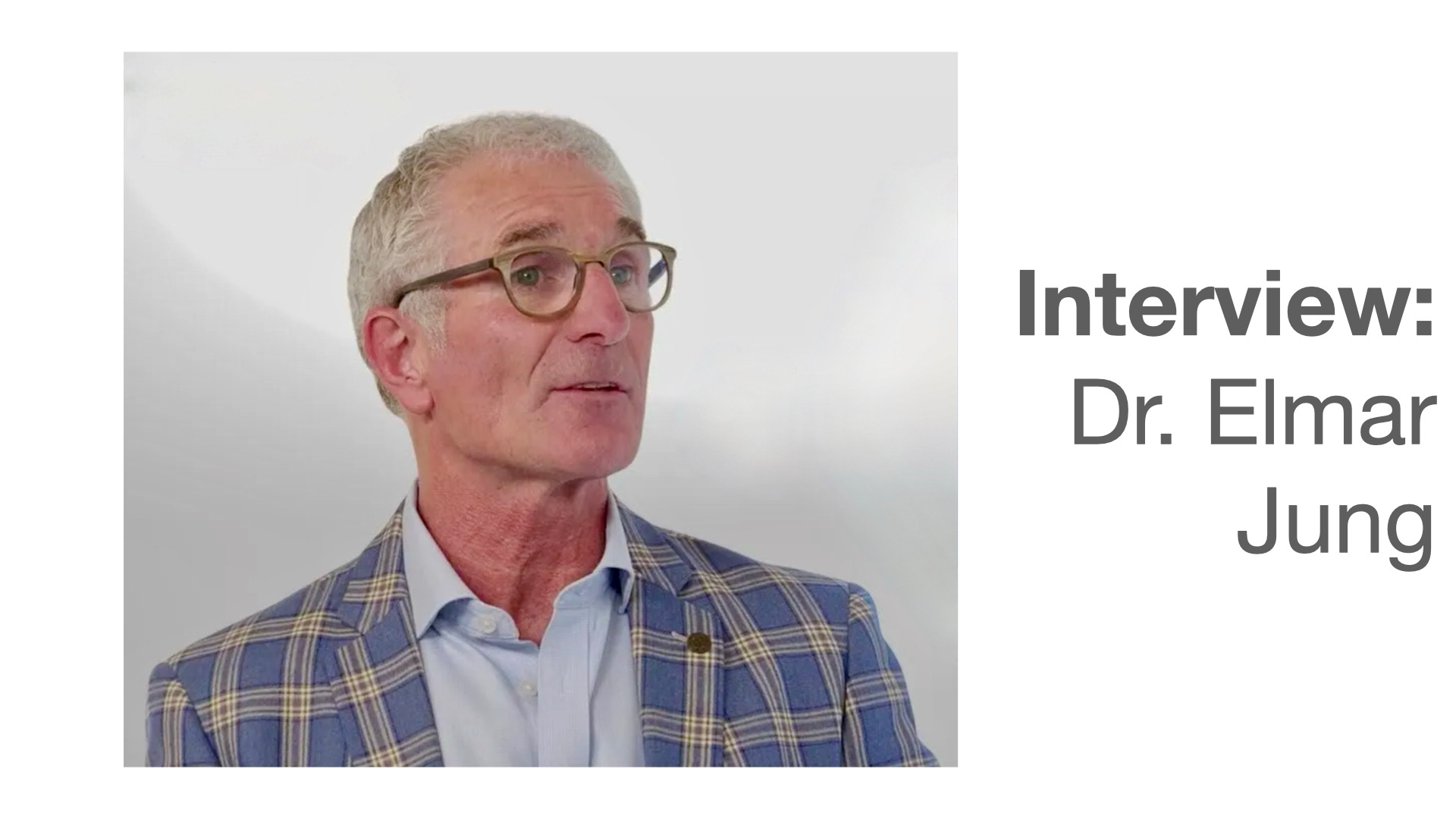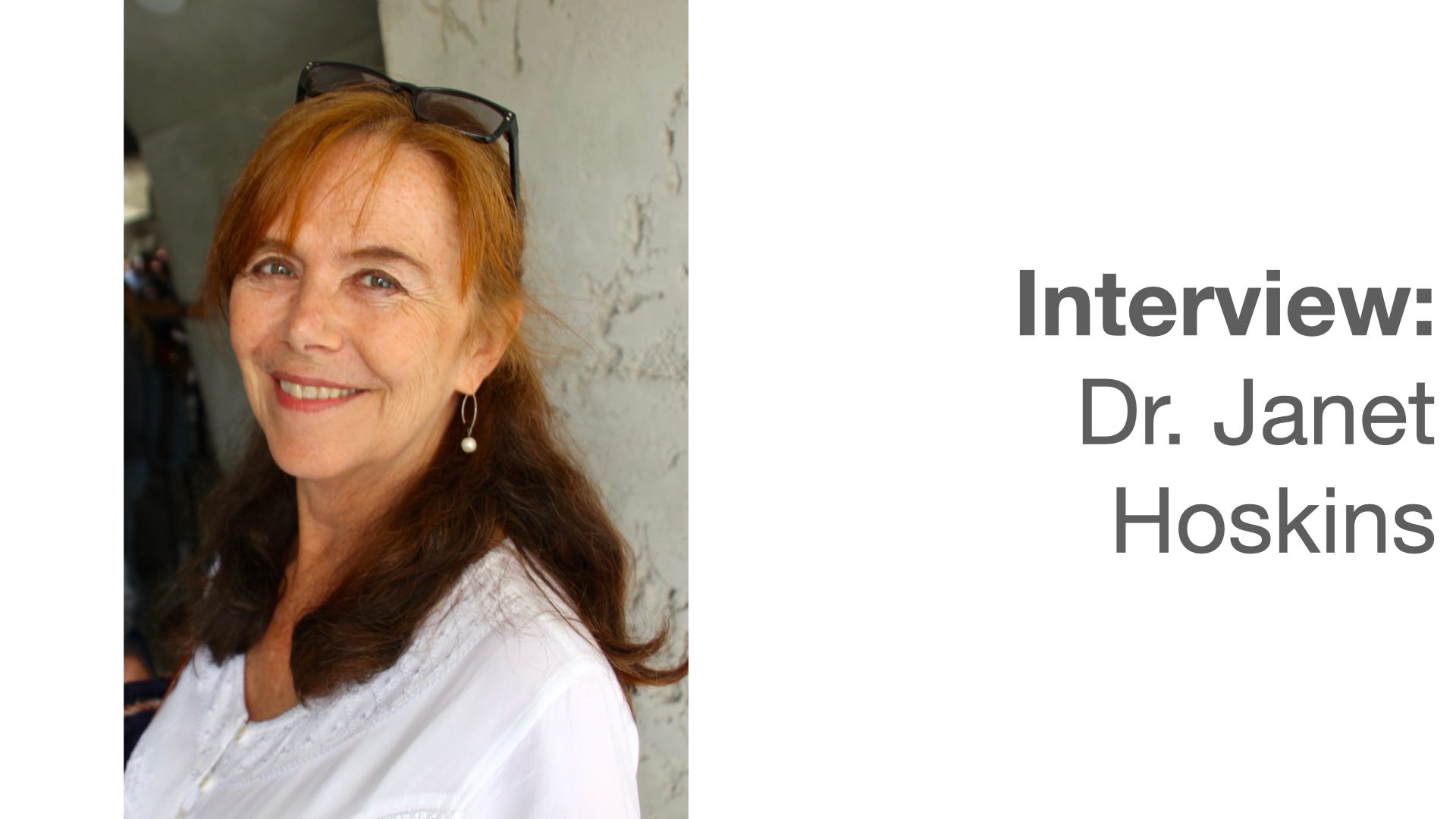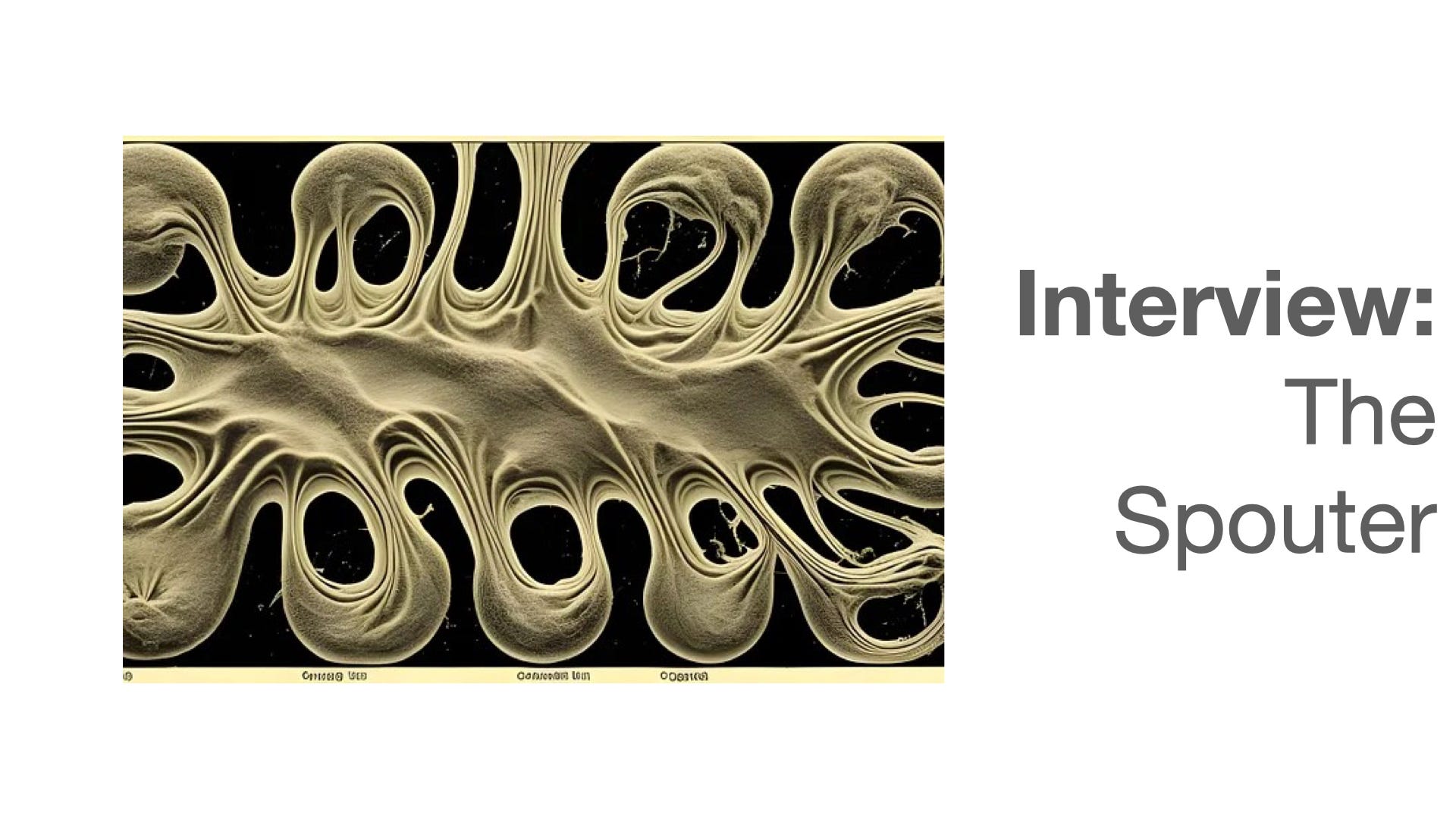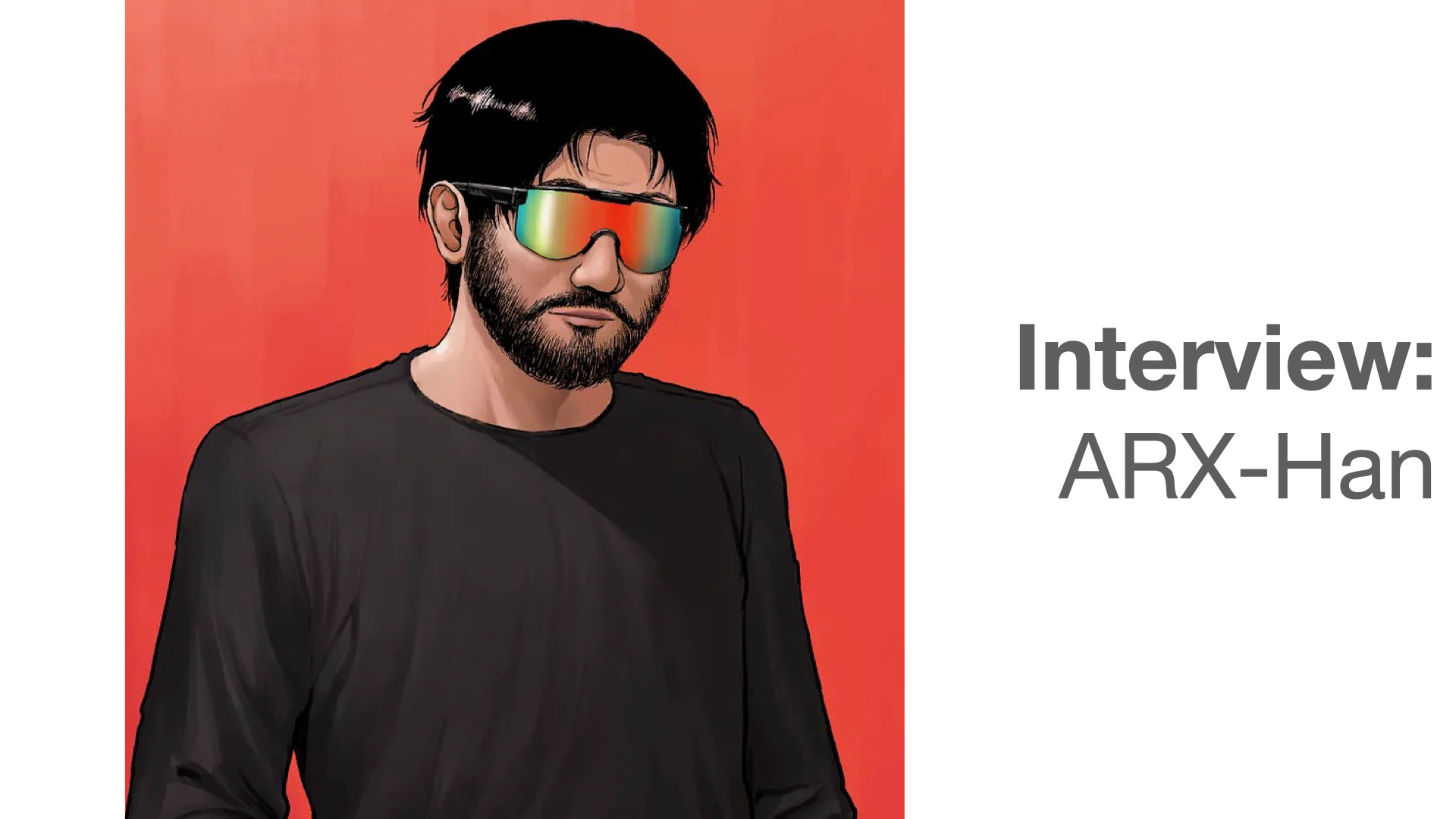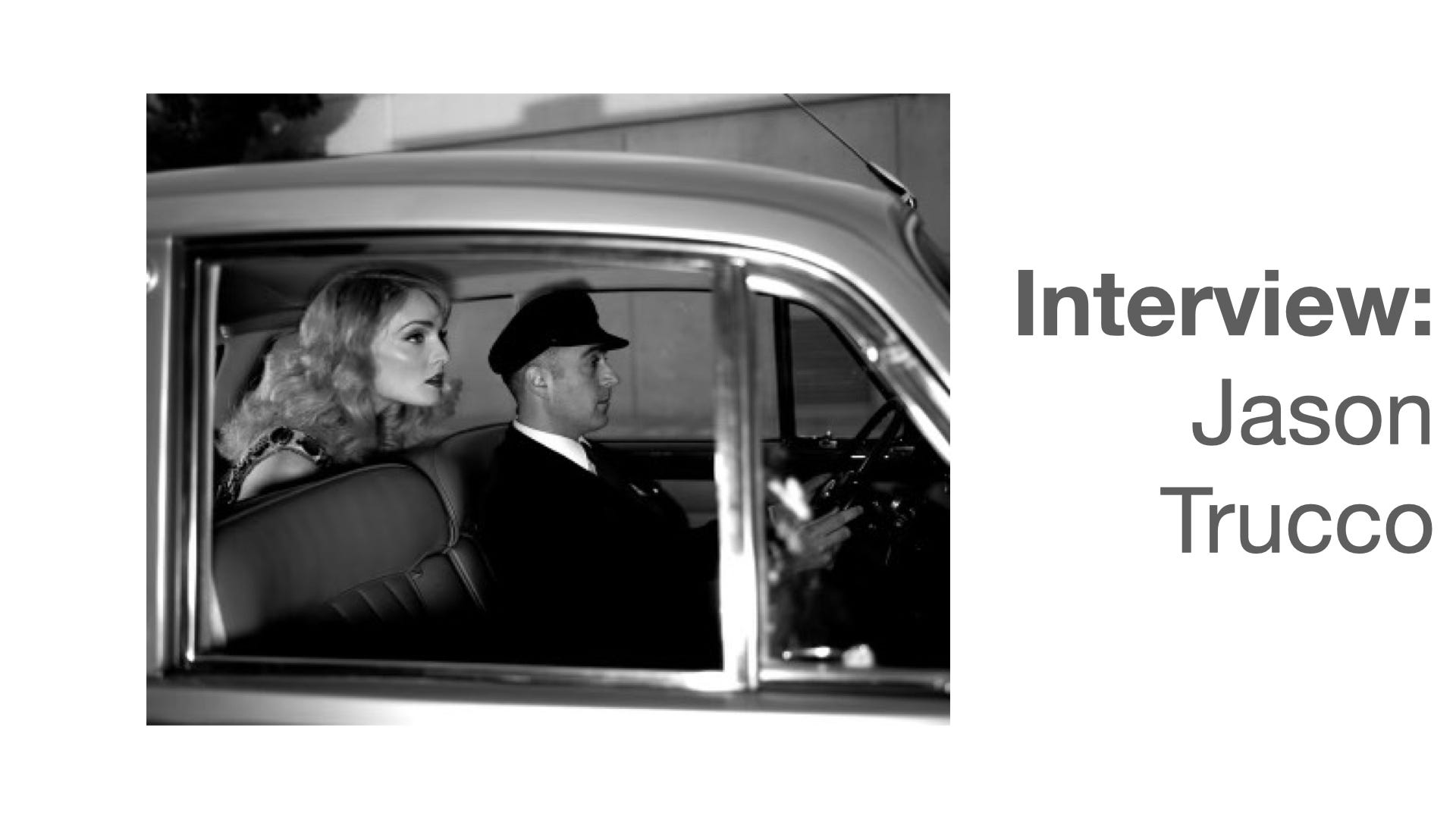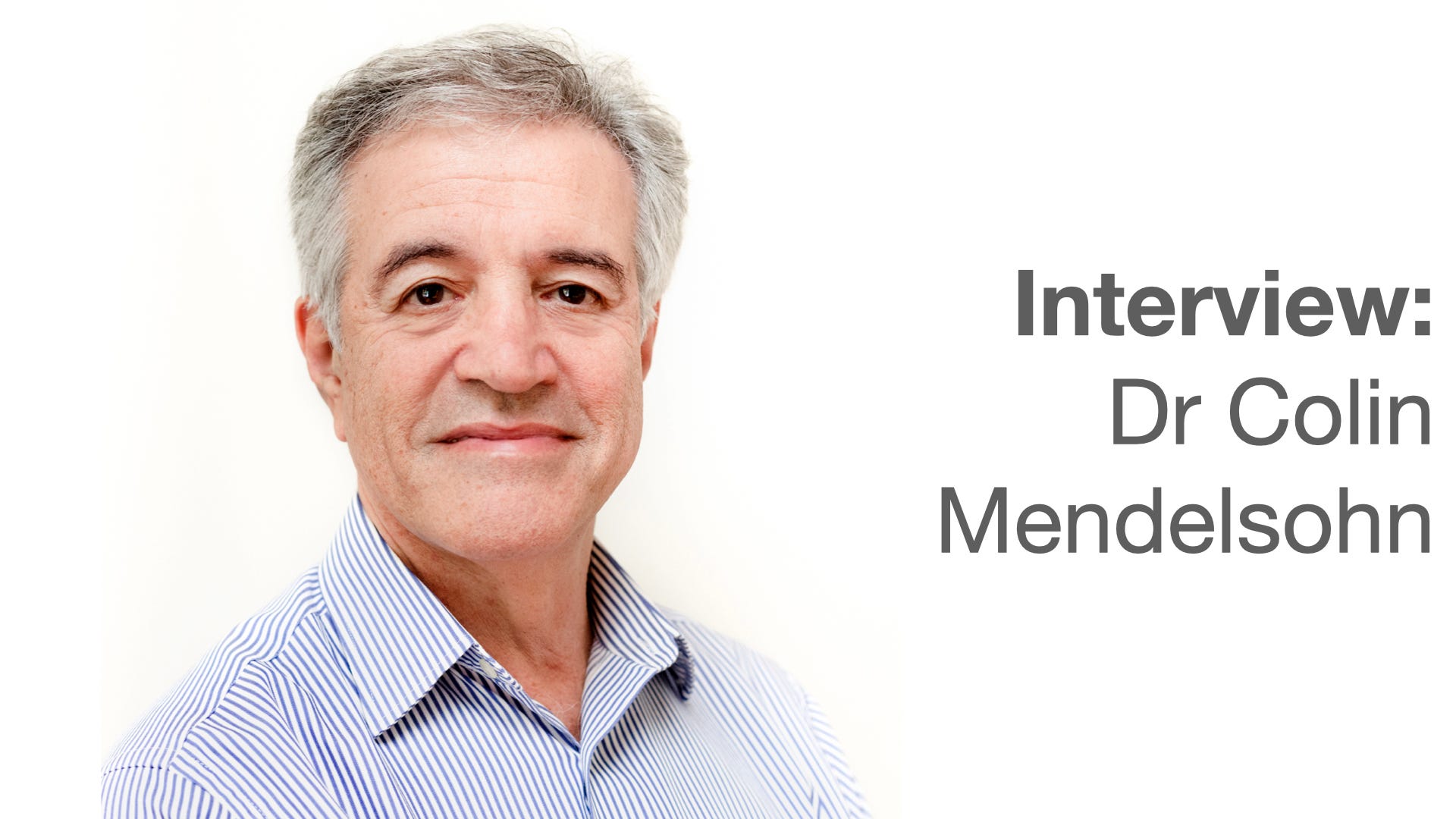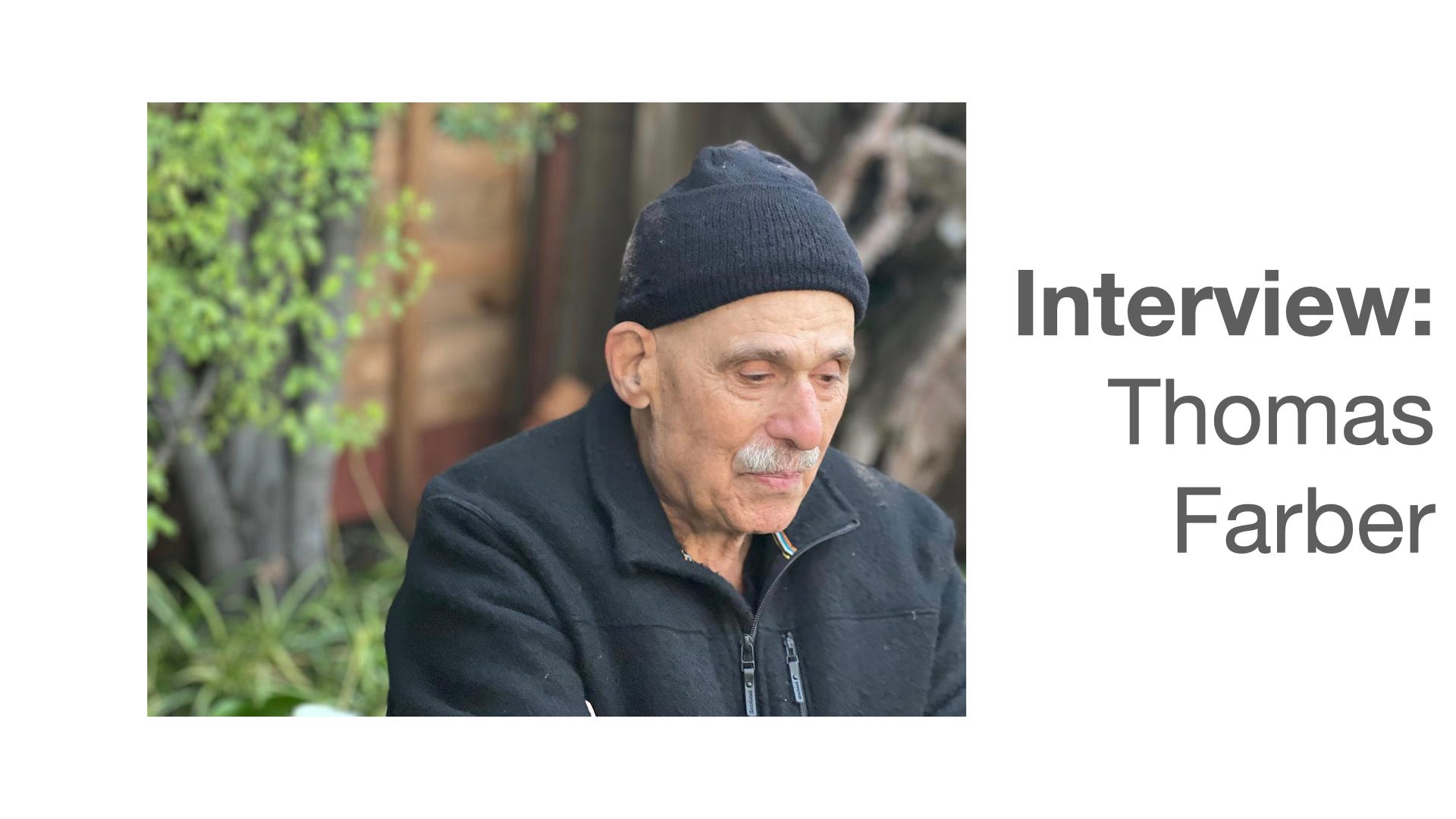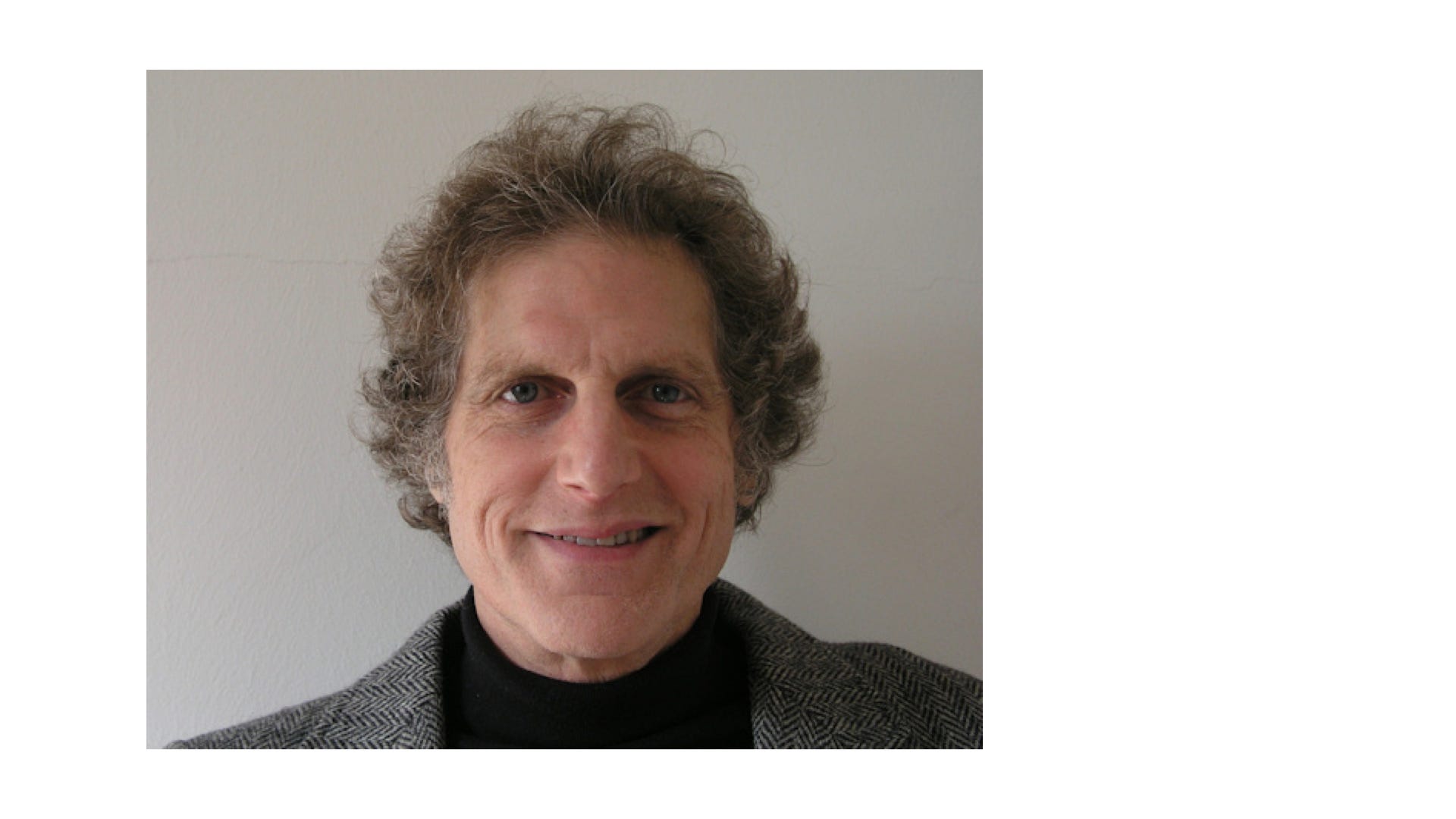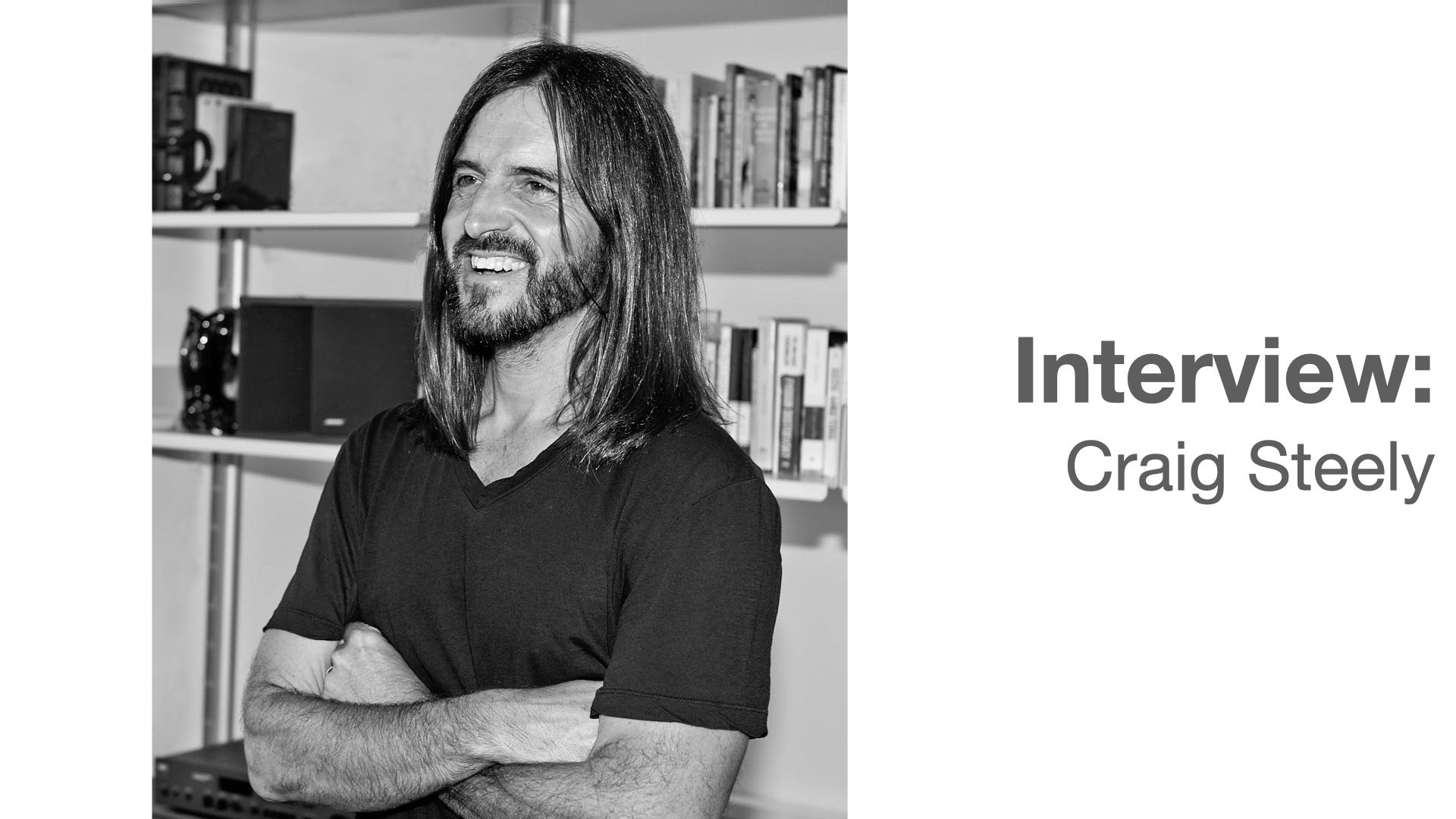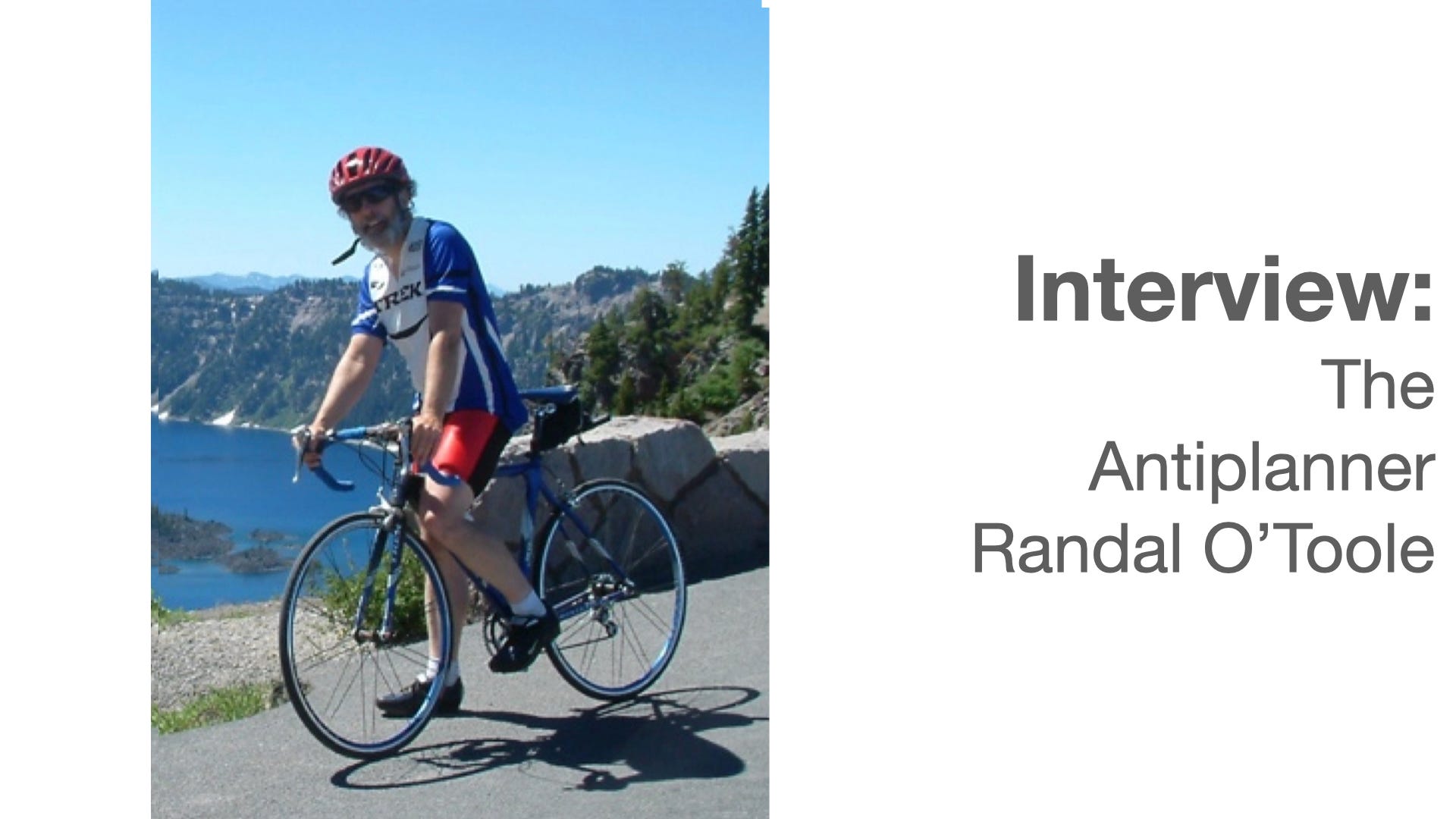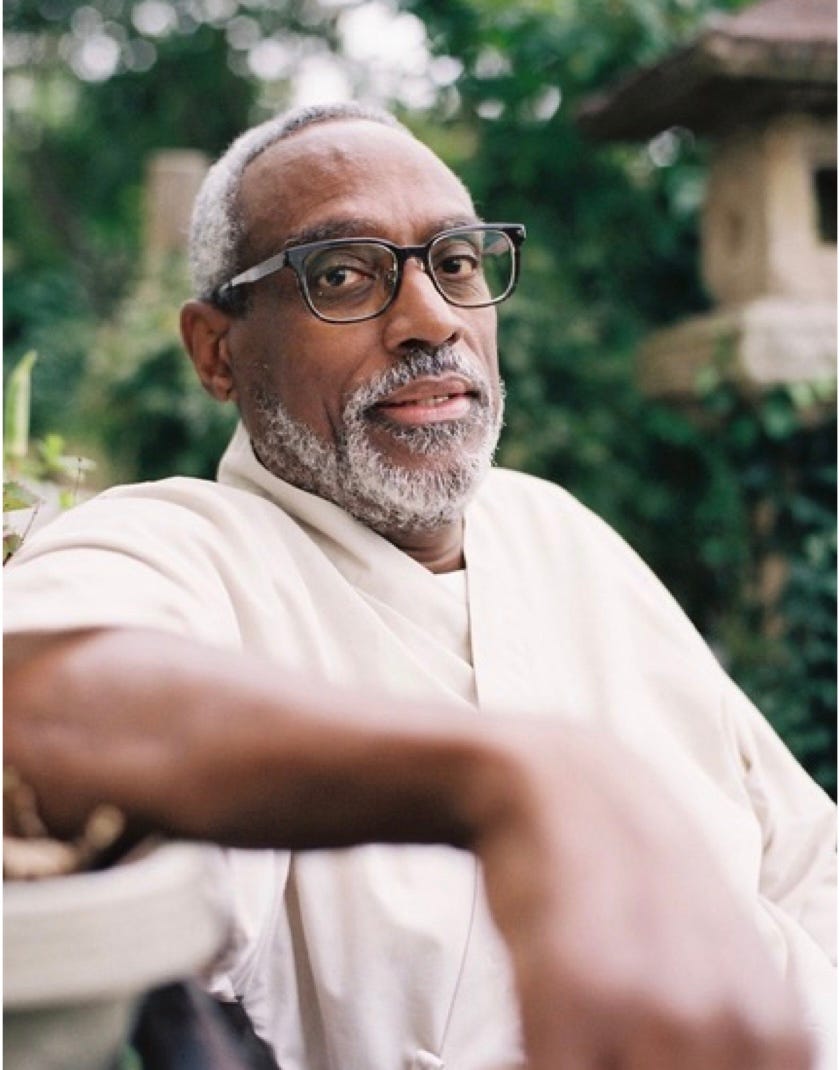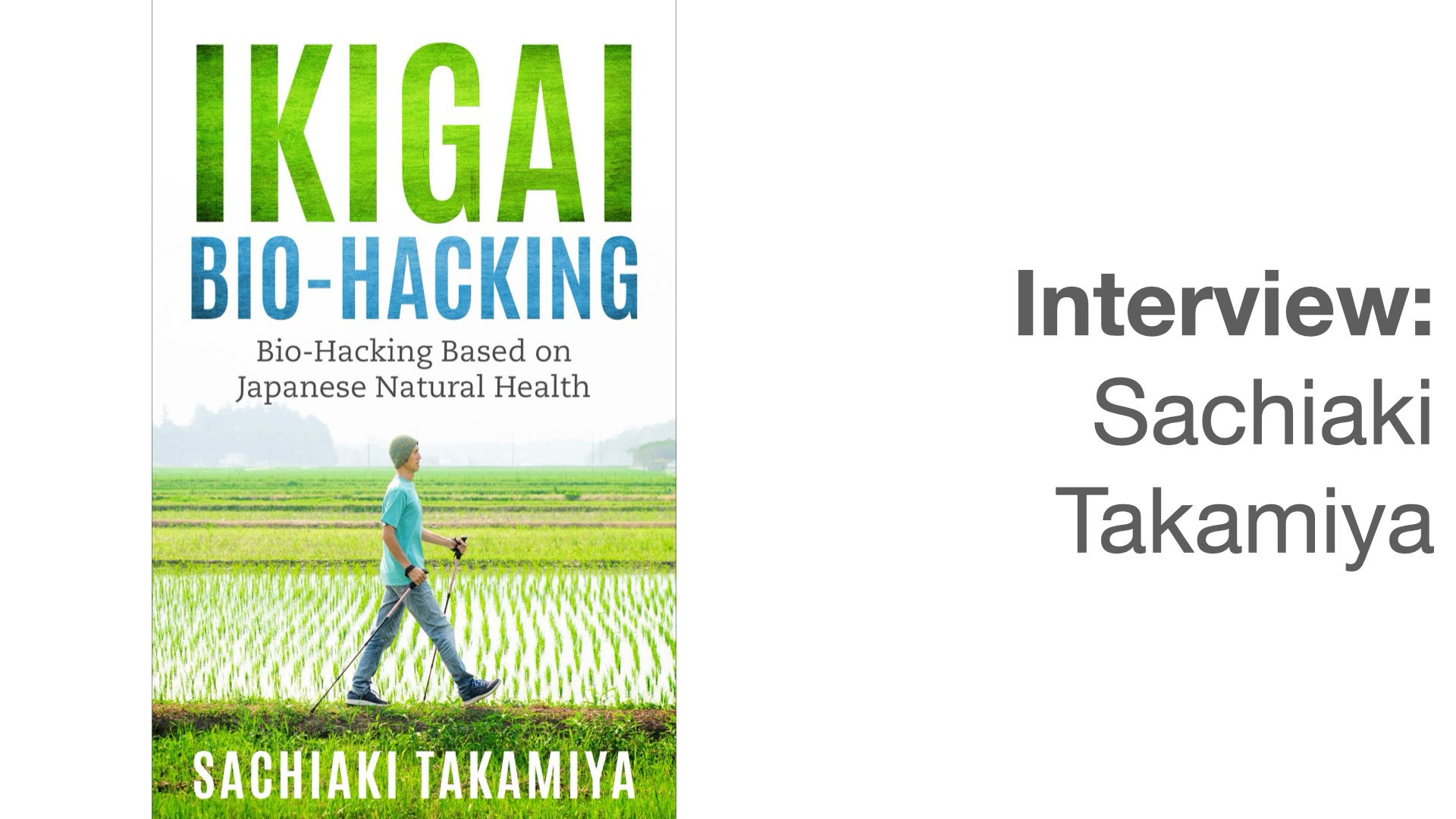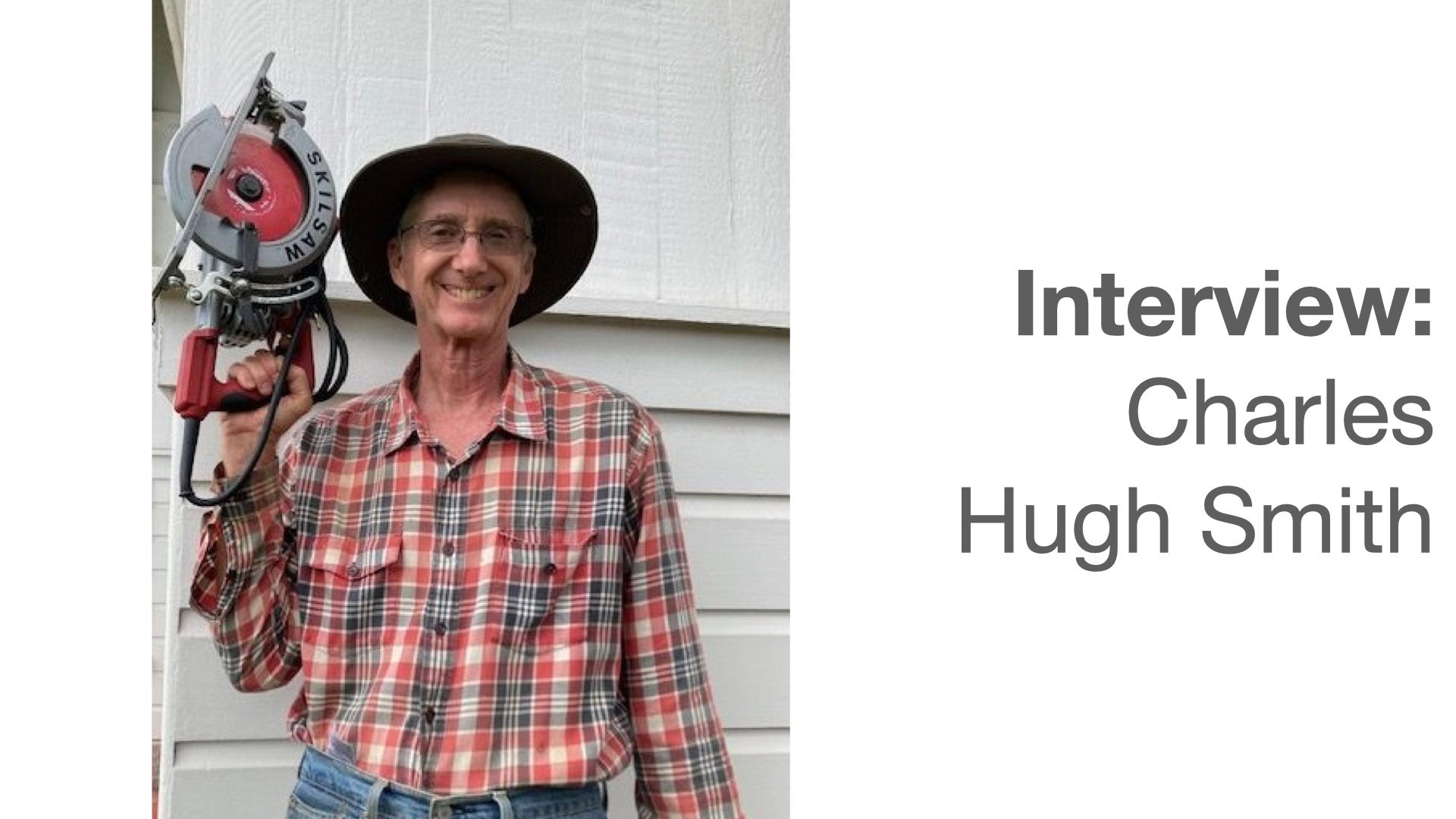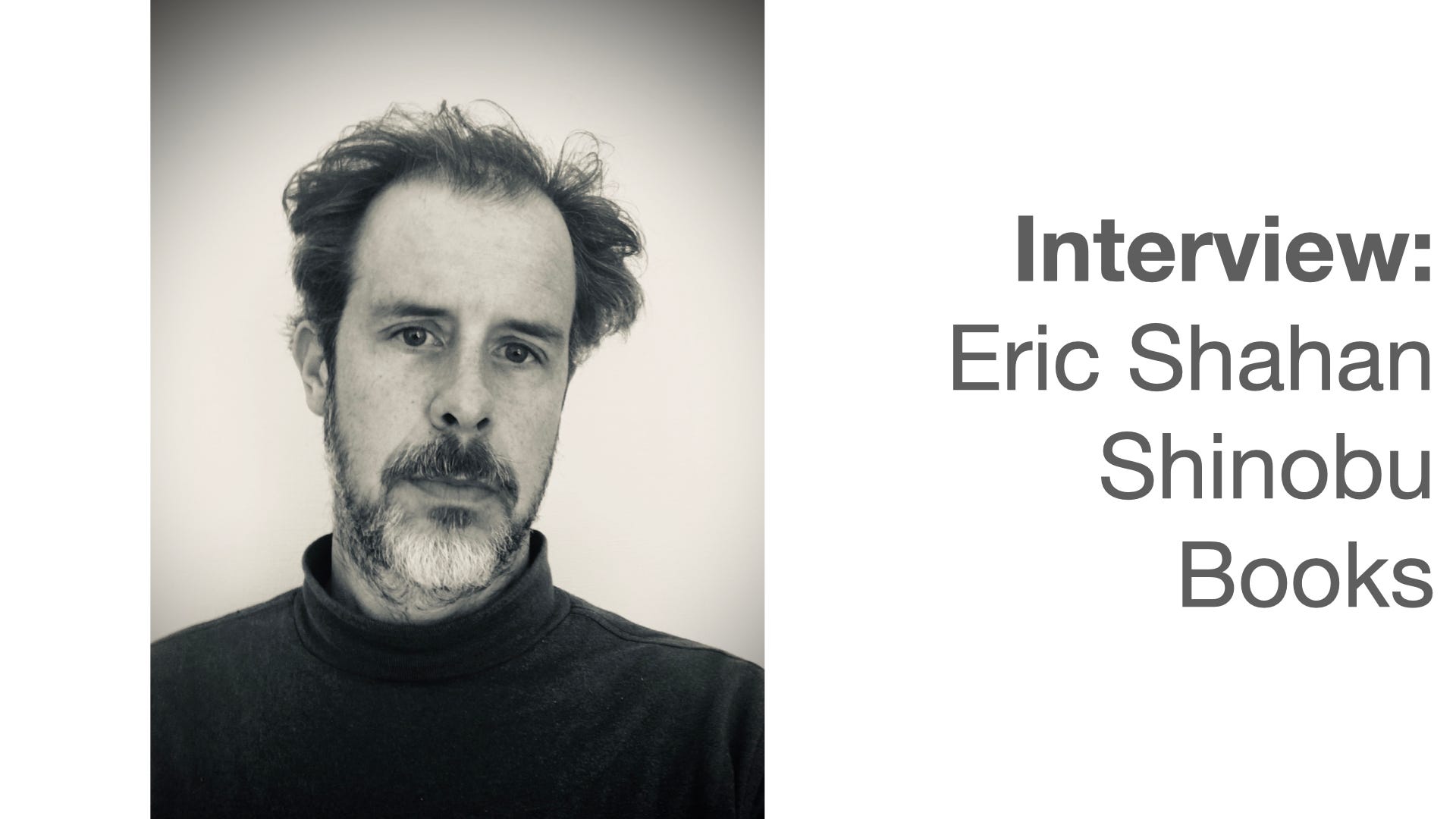Discover Leafbox Podcast
Leafbox Podcast

38 Episodes
Reverse
Dr Elmar JungDr. Elmar Jung, a distinguished figure in the realm of holistic and biological dentistry. Dr. Jung, who is not only the founder of Dr. Elmar Jung Dental Clinic but also a naturopath, author, podcaster, and an international speaker, has dedicated nearly 35 years to advocating for an integrative holistic approach in dental practice since graduating from dental school.We delve into the critical role of oral health as an integral component of overall wellness. Dr. Jung shares his cal unique perspective on holistic dentistry, including his critiques of traditional practices like amalgam fillings, root canals, orthodontics and more. The interview also goes into a discussion on views on fluoride use, the significance of dental and patient education, and the evolving dynamic between patients and healthcare providers.Furthermore, Dr. Jung emphasizes the importance of diet, lifestyle, emotions, and breathing in maintaining not just oral health, but also its influence on our general health.The interview concludes with a discussion on the future of holistic dentistry, particularly how patient education and self-awareness are pivotal in empowering individuals to take charge of their health.Time Stamps00:54 Growing Up in Germany, Dental Training04:31 Dental Education in West and East Germany and Lessons for Today06:39 Questioning Professors/Authority10:11 Holistic Dentistry vs. Traditional Dentistry13:05 On Oral Health Being Separated from Overall Health17:04 The Meridian Tooth Chart19:55 Discussion on Root Canals29:48 Discussion on Amalgam, Composite, and Other Fillings, Removal Issues39:35 His Relationship with Traditional Dentists42:35 Discussion on Patient-Doctor Relationships47:48 Discussion on Fluoride53:40 Discussion on Regulatory Capture/Industry Interests55:11 Conventional Orthodontists vs. Holistic Orthodontist Practices57:24 Breastfeeding and Oral Development01:04:50 Salivary Diagnostics/Oral Biome01:09:10 Oral Health Post-Covid/Pandemic Effects01:13:45 Remineralizing Teeth/Importance of Diet01:14:19 Breathing and Oral Health01:17:00 Diet/Lifestyle Recommendations01:19:17 Future of Holistic Dentistry01:27:51 The Role of Emotions in Oral Health01:32:00 How to Download Dr Jung’s Book / Closing StatementsMore information: @ Dr-Elmar-Jung.comTwitter: @elmarjungMusic Sample from 'Symmetry' | Denovali Records by Ricardo Donoso This is a public episode. If you would like to discuss this with other subscribers or get access to bonus episodes, visit leafbox.substack.com
Dr. Janet Hoskins is a professor of Anthropology and Religion at the University of Southern California. She has conducted extensive field research in Indonesia, Vietnam, and California. Dr. Hoskins holds an MA and PhD in anthropology from Harvard University, and a BA in anthropology from Pomona College.Her current research interests include the emerging field of Transpacific Studies, post-colonial studies, transnational religions, visual anthropology and ethnography, material culture, theories of time and history, gender, exchange, and ritual.We discuss her long career in anthropology, her fieldwork, her thoughts on anthropological pessimism vs. optimism, globalization vs. hybridization, the role of photography in visual anthropology, the anthropology of tourism, and ultimately what people can take away from the study of anthropology and more.Time Stamps:3:00 - Anthropological Optimism vs. Pessimism 7:32 - Biography8:38 - Field Work in Sumba / Romantic Ideals in Anthropology10:32 - Field Work like Returning to Childhood16:32 - What we can learn from Anthropology19:47 - Time Keeping Across Cultures23:23 - On Cultural Relativism 29:34 - On Ethnography / Visual Anthropology40:55 - On Hybridization vs Globalization 43:47 - How cultural anthropology affected her parenting50:04 - On the indigenous and the non-indigenous52:55 - On Cao Daoism - Discovering this new religion in Southern California1:01:00 - On Phoenix Boxes / Spirit Writing in Cao Dao / Religious Plurality 1:12:23 - On Being an American 1:14:45 - Connecting with Dr Janet Hoskins1:16:09 - PhD Students of Note 1:17:09 - Take Away LessonsMore informationDr. Janet Hoskins @ USCHeadshot Credit: Janet Chauvet caveOther photos: Dr Janet HoskinsMusic Sample:MARAPU - WELCOME TO SUMBA Author: Feryanto Pekabanda (Yanto Marapu) & Arnaud MarianiComposition: Marapu BandHeadshot Credit: Janet Chauvet caveOther photos: Dr Janet HoskinsDr Hoskins in Sumba, Indonesia (1980)Sumba Meat Distribution (1980)Janet Syl Mis Tay Ninh (2005) This is a public episode. If you would like to discuss this with other subscribers or get access to bonus episodes, visit leafbox.substack.com
is an imaginative writer from Oakland, California known for his intriguing work of speculative philosophy published on Substack as The Spouter.Viewed through a Marxist lens, The Spouter presents an unconventional narrative on petroleum's role in shaping contemporary history.Our discussion spans a range of captivating topics. We examine the historical significance of petroleum and Jed's efforts to ignite a revolutionary approach to climate discourse. We navigate through the complex interplay between humanity and fossil fuels—oil, coal, and gas—analyzing them from various viewpoints: religious, materialistic, Marxist, speculative, and literary. This multifaceted exploration aims to challenge and transform the conventional narrative surrounding climate change.We also wander into the realms of hyperstition and cybernetics, reflecting on the impact of analog technology, typewriters, and the role of speculative philosophy. We touch upon literary masterpieces like Thomas Pynchon's "Gravity's Rainbow" and Reza Negarestani's "Cyclonopedia," among other intriguing subjects.Jed encourages a spirit of open-minded inquiry. He argues that while you may not align with all his ideas, they serve as a catalyst for sparking new questions and fostering a more nuanced, complex perspective on history and current affairs.Get “Noided” as The Spouter argues…Intro Music Sample from Acediast / “Malformed Canticle of Despondent Langour”, Tristidigezh Records 2022. Time Stamps1:57 - Typewriters and analog technology 4:33 - Finding Inspiration in Cyclonopedia for the project The Spouter6:19 - Schizophrenia Reading and Cybernetics Role of Speculative Philosophy 11:41 - The Concept of Sentient Oil 15:30 - Capitalism and Other Hyperobjects 19:30 - Hyperstition 20:07 - The Global Warming Discourse23:47- Cybernetics, environmentalism and control/fragmentation of reality 34:04 - Communism as hyperobject40:24 - Sentient oil seen thru religious analysis - discussion on the Jinn50:24 - Discussion on return to religion in society 55:10 - How to regain humanism60:21 - Paranoid sensibility / Parapolitical sensibility - Getting “noided”61:55 - Gravity’s Rainbow by Thomas Pynchon 65:35 - On possession by the hyperobject68:14- Jed's book and where to find his writing 70:05 - Material Analysis in Understanding HistoryFurther Reading / Notes from (The Spouter)Cited and RecommendedCyclonopedia: Complicity with Anonymous Materials. Reza Negarestani, Re:Press 2008.Knot of the Soul: Madness, Psychosis, Islam. Stefania Pandolfo, University of Chicago Press, 2018.- Re: JinnThirst for Annihilation: George Bataille and Virulent Nihilism. Nick Land, Routledge, 1992.- Nick Land did coin the term “Hyperstition”, though probably not in this book. This one is probably the most relevant to our conversation.Anti-Oedipus: Capitalism and Schizophrenia Volume 1. Gilles Deleuze and Felix Guattari. Try to get the translation from University of Minnesota Press, 1983. (I haven’t read the Penguin translation.)A Thousand Plateaus: Capitalism and Schizophrenia Volume 2. Gilles Deleuze and Felix Guattari. Minnesota, 1983Hyperobjects: Philosophy and Ecology after the End of the World. Timothy Morton, University of Minnesota Press, 2013.The Ecological Thought. Timothy Morton, Harvard University Press, 2012.- This was what I was reading when the phrase/slogan “Modernity is the process of oil getting into everything” arose – the text might not say exactly that, but this is where it is from, and I consider it foundational to my work.Ecology and Socialism: Solutions to Capitalist Ecological Crisis. Chris Williams, Haymarket Books, 2010- Recommended. Much easier to parse than John Bellamy Foster’s ecological socialism.The Closing Circle: Nature, Man & Technology. Barry Commoner, Random House 1971.- An example of good/less compromised ecological writing of the type suppressed by the suspect texts listed below.Cited and Argued WithThe Progress of This Storm: Nature and Society in a Warming World. Andreas Malm, Verso, 2020.Donella Meadows, Dennis L. Meadows, Jorgen Randers, William W. Behrens III. Universe Books, 1971.Gaia: A New Look at Life on Earth. James Lovelock. Oxford University Press, 1979.The Ages of Gaia: A Biography of Earth. James Lovelock. Norton, 1988.Books You Should Prioritize ReadingThe Jakarta Method: Washington’s Anticommunist Crusade and the Mass Murder Program That Shaped Our World. Vincent Bevins, PublicAffairs 2020.- Highly recommended gateway drug to noided history.Gravity’s Rainbow. Thomas Pynchon, 1973.- I have to convince people to read it, since it’s a hard book; believe me when I tell you the effort will pay off. Lots of these “big” books like Ulysses and Moby Dick, maybe the effort isn’t worth it for some people. Gravity’s Rainbow is worth it for everyone. I know that people are busy and attention spans are short. But anyone who doesn’t read it really is missing out on something revelatory and very compelling.Zionism in the Age of Dictators. Lenni Brenner, 1983.- Available online at Marxists.org- Worth reading for anyone who doesn’t understand how the settler colonial project of Israel came to be, because it points out something that people don’t want to talk about. This is a public episode. If you would like to discuss this with other subscribers or get access to bonus episodes, visit leafbox.substack.com
Writing under the pseudonym, ARX-Han and using a voice modulator for this interview, this writer and novelist joins me to explore his debut work “Incel.” "Incel" by ARX-Han is a darkly satirical and unsettling portrayal of a sexually frustrated American man's internal journey. The novel offers an unfiltered glimpse into his increasingly radical, obsessive, and destructive mindset. Praised for its technical prowess, linguistic versatility, and sharp cultural critique, it presents a timely and insightful examination of a disaffected segment of society. A stirring exploration of masculinity, rage, nihilism, and the nuances of evolutionary biology, Han's work is a bold commentary on the complex matrix of contemporary young male psychology. We explore in detail his creative approach to philosophical fiction, the constraints of modern publishing, and discuss his journey to authentically capture the raw and unfiltered facets of the contemporary experience. The interview sheds light on how the digital age, notably the impact of the internet and social media, has significantly shaped the contemporary cultural evolution to a point of civilization decay. We also discuss AI, psychological operations, memetic defense and a slew of other interesting topics. Han links his fascination with flawed characters and the poignant exploration of human suffering. ARX-Han ultimately lands on lessons in universality and we reach in this interview over laughs to a positive nexus on the human condition, love, and a rejection of nihilistic reductionism.Time Stamps2:43 The use of pen name ARX-Han and pseudonymity9:17 Biographical Points 12:25 On MFA Culture / Working with a Development Editor15:49 ARX-Han mindset writing “Incel”19:49 Anon, Young Men and disenchantment in scientific reductionism 24:19 Death of God31:19 What is an incel?36:31 Sources of Civilization Decay39:25 “Mansophere” and discussion on mimetic transmission45:05 Memetic Defense49:00 Tension in Writing52:38 Purity Tests and The Aesthetic Overton Window1:04:00 “Wordcels,” AI, Writing, Finding meaning in Creative Pursuits1:09:17 Pan-psychism / Spirituality / Things Getting Weird 1:18:00 Role of Aesthetics / Marketing / Manga Cover vs V2 Cover1:24:00 Publishing Gate Keepers / Morality linearly descended from Protestantism1:26:15 “Bro, just buy my book” - Humor and Hope - “Just Do it”Note: AI Generated Transcript - Apologies for errors.Follow Arx-Han:DecentralizedFiction.comTwitter.com/Arx_han This is a public episode. If you would like to discuss this with other subscribers or get access to bonus episodes, visit leafbox.substack.com
While strolling along the Hudson River in New York City, Jason Trucco joins me to discuss his career in filmmaking, directing, art, design, and playwriting. In this insightful interview, Trucco opens up about his multifaceted career jumping between the avant garden and the commercial, including directing music videos for icons like Billy Idol, Macy Gray, Devo, and Queens of the Stone Age. Throughout his career he has used new technology in narrative story telling Trucco delves into the integration of AI and immersive technologies in his craft.We delve deep into his ongoing projects, examining the pivotal role of collaboration, and discussing the crucial elements of passion, creativity, and the inspirational role of walking in his artistic pursuits.Trucco discusses his creative approach, how he navigates his relationship with his inner critic, and explores the financial challenges of being an artist.Emphasizing the importance of play, curiosity, and following one's interests in the creative process this interview is insightful for those interested in creative entrepreneurship and the lessons that be applied to other sectors.Time Stamps* 03:40 - Jason’s Bio / Introduction* 06:09 - Making Music Videos* 10:14 - The Role of Technology in Narrative Story Telling* 11:12 - Theatre as Retraction from Technology?* 14:01 - Co-Directing Hi-Fi, Wi-Fi Sci-Fi* 19:01 - Technology and Formulaic / Regurgitation Storytelling* 20:58 - How Jason Approaches a Project* 23:40 - The Role of Guilty Pleasures* 24:58 - Where ideas come from…* 27:00 - The Importance of Collaboration* 30:10 - On walking and its importance* 32:19 - Six Sex Scenes in Spain / One Act Plays* 34:10 - The Role of The Inner Critic* 39:19 - Financial Challenges* 46:04 - Fear and “We only have these problems while we're alive”* 55:03 - Responsibility in Art Making / Discussion on Casting Narrative “Spells”* 57:49 - Making “Poetry” / Reverberating Experience with OthersIntro Music FeaturesCalifornia Stars Words by Woody GuthrieMusic by Jay Bennett & Jeff TweedyPerformed by Paula & Jason Band - On their cassette, New York Apartment TapesFull Transcript @ Leafbox.com This is a public episode. If you would like to discuss this with other subscribers or get access to bonus episodes, visit leafbox.substack.com
Today I had the pleasure to speaking one of Australia's leading experts in tobacco control, Dr. Colin Mendelsohn. With over three decades of dedicated service in smoking cessation and tobacco harm reduction, Dr. Mendelsohn's expertise is both rare and invaluable. In our discussion, we delve into the complex world of public health, examining the often unnoticed echo chambers, the intricate web of incentives that shape government policies, and the impact of societal and governmental biases on public health decisions.This episode is more than just a talk on tobacco control; it's a lens to try to understand the authoritative landscape of Australian and public health in general, exploring alternative approaches and addressing solutions on a global scale.Our conversation culminates in a crucial discussion about the importance of being open to evidence in public health, particularly in tobacco and smoking control. Dr. Mendelsohn, with his focus on harm reduction, provides a unique perspective on this issue, advocating for the use of safer nicotine products like vaping and smokeless tobacco for those who struggle to quit smoking.Whether you're a non-smoker intrigued by the complexities of public health or a smoker seeking safer alternatives, this episode promises to challenge some of your understanding of nicotine, tobacco and solutions in public health.Disclaimer: No Tobacco Company / Product Conflict of InterestNeither Dr. Colin Mendelsohn nor I have any affiliations with tobacco control products or companies. Our discussion was conducted independently, without any commercial interests or influence from tobacco companies. The purpose of this discourse was solely to explore and debate potential public health issues, free from any commercial bias or conflicts.Time Stamps03:14: Biographical And Career Overview06:14: Australian Tobacco Situational Overview11:00 Discussion on “demonization” of Tobacco Users/Smokers14:47 Uses cases for nicotine , understanding users 18:07: Ideological Issues + Biases in Australian Public Health22:23: Discussion on Australian Authoritarian / “Nanny State” Public Health 25:25 Nicotine Prescriptions + Taxes Effects / Black Market Forces 32:32 Harm Reduction Model for Nicotine / Tobacco Control36:08 Discussion on Vaping / Flavor Additives / Children’s Issues41:06 China / Smoking vs Vaping in China / India44:09 Smoking Cessation Tools48:08 Marijuna Vaping vs Smoking50:27: Discussion on Conflicts of Interests54:56 Maintaining Openness to Evidence / Avoiding ideological silos01:00:47 Discussion on Polarization / Disinformation / Information01:06:00: Closing Remarks: Importance of quitting smoking and exploring safer alternatives.More Information:Dr Mendelsohn’s “Farewell Retirement Letter” Referenced in ConversationX / Twitter: @ColinMendelsohnMore Info @ https://colinmendelsohn.com.au/Founding Chairman, Australian Tobacco Harm Reduction Association charityBook: Stop Smoking Start VapingTranscription (AI Generated Transcript - please excuse any mistakes in transcription!) This is a public episode. If you would like to discuss this with other subscribers or get access to bonus episodes, visit leafbox.substack.com
Today I had the pleasure of connecting with fellow surfer and ocean lover Thomas Farber. Thomas Farber is a master in capturing the essence of life’s intimate moments, condensing the most profound into beautiful profound vignettes.Awarded Guggenheim and, three times, National Endowment fellowships for fiction and creative nonfiction, Thomas Farber has been a Fulbright Scholar, recipient of the Dorothea Lange-Paul Taylor Prize, and Rockefeller Foundation scholar at Bellagio.An Author of over 20 books of fiction and creative non fiction and has just published two new collections, Acting my Age and Penultimates.Awarded Guggenheim and, three times, National Endowment fellowships for fiction and creative nonfiction, Thomas Farber has been a Fulbright Scholar, recipient of the Dorothea Lange-Paul Taylor Prize, and Rockefeller Foundation scholar at Bellagio.Thomas Farber's other recent books include Here and Gone, The End of My Wits, Brief Nudity and The Beholder. Former Visiting Distinguished Writer at the University of Hawai'i, he teaches at the University of California, Berkeley.We connect today about his latest meditations on life, death, writing, the sea, women, Diamond Head and much more. All with humor, humility, gravitas, and wisdom, I’m grateful for his enduring lessons.Time Stamps(2:27) Wearing Black, Theatre Playing the “writer”(4:06) Publishing Acting by Age with Manoa Journal(9:33) Growing Older/ Acceptance / Being a Child of the 60s(11:06) On Spirituality(15:57 ) The Banayan Tree / Hāmākuapoko Ruins Maui(17:57) First Trips to Hawaii 1971(21:56) Collaboration with Wayne Levin(27:40) On Sailboats / The Book Of Love(30:18) On Minimalism, Scuba Gear, Surfboards(32:04) Epigrams(37:55) The 96 Year Old ‘Carrot’(39:32) On his novel The Beholder, writing about physical love(42:27) Doom Scrolling(44:44) Advice to young writers(46:32) Making Amends; New Projects(52:00) Jean Cocteau and the importance of readersMore Info @ https://thomasfarber.org/Excerpt: Ruins 1999 By Thomas FarberHeadshot Credit: Ugo CorteBook Cover Photos: Wayne Levin This is a public episode. If you would like to discuss this with other subscribers or get access to bonus episodes, visit leafbox.substack.com
Josh Mitteldorf, is a science writer, researcher in biology of aging, and poet, with a rebellious spirit and persistent curiosity. His interests span all the biggest topics in current affairs, as well as eternal questions of the human condition. Who is behind the pandemic and other assaults on humanity? Why do ETs look like us? Can the future reach back in time to cause the past? Are there transformative technologies, available to a select few that have been withheld from the public?Dr Mitteldorf earned a Ph.D. in astrophysics from the University of Pennsylvania. He has written a popular book and an academic book on the biology of aging. His websites include Aging Matters Blog, Experimental Frontiers, the Daily Inspiration, and Unauthorized Science. His forthcoming book includes a sonnet and graphic for each of the 64 hexagrams of the I Ching.Dr Mitteldorf lives in Philadelphia, where he teaches a weekly yoga class and plays in chamber music groups and a community orchestra. His two daughters were adopted from China in the 1980s, breaking diplomatic ground for a wave of Chinese-American adoptions in the following decades.The interview delves into both his biographical and psychological past, unveiling the complex and multifaceted life of Dr. Mitteldorf. He seamlessly blends science, spirituality, and a profound sense of social responsibility in his pursuit to enhance the human experience.The episode concludes with a poem reflecting his belief in the interconnectedness of all beings. Listen for the threads that tie together the spiritual, scientific, and activist pursuits of this extraordinary individual. Photo Credit: Josh MitteldorfTime Stamps(01:40) Intro (04:16) Connecting the Threads of Josh’s Work - Buying Freedom(07:31) Graduate Studies Berkeley, Life in Taiwan and Return to the US(13:38) Caloric Restriction and Interest in Evolution Biology(20:28) Predator / Prey Model and Evolutionary Basis for Death(23:35) Thoughts on Anti-Aging Communities and Options(26:42) Transhumanist Movement / Materialist World Views/ Post Materialist Physics / Consciousness (32:49) Spiritual Awakening / from Secular Jew to Quaker to Yoga(37:55) Political Awakening / Work on Election Integrity 2004 / 9-11(44:15) Confidence and Group Dynamics(49:16) Eye Of the Storm / Collective Unconscious(52:02) UAP / UFO Phenomenon / Unauthorized Science (1:01:44) Poem: Intersubjective Bootstrap This is a public episode. If you would like to discuss this with other subscribers or get access to bonus episodes, visit leafbox.substack.com
Craig Steely, an American architect based both in Hawaii and California shares his philosophy on life and design. Craig's work stands out for its seamless integration of modern design with natural environments, creating spaces that are as stunning as they are sustainable. From his iconic Lavaflow homes in Hawaii to his urban homes in San Francisco, Craig's approach to architecture challenges conventional boundaries and invites us to reimagine our relationship with form, shape and our surroundings. I had the pleasure of speaking in detail with Craig on the importance of respecting the land and the environment in his projects, the influence of his experiences in Hawaii and California, the importance of maintaining a small, focused team in his practice, and the value of being able to work on a variety of scales and types of projects. Steely also shares his thoughts on the current state of architecture education, and the importance of critical thinking and a deep understanding of the land and environment in architectural practice.As an architecture enthusiast and developer the conversation is refreshing and invigorating for those interested in thoughtful design and approach to building. Topic Time Stamps* (3:31) On being an outsider in Hawaii and California* (5:04) The D-Fin House / Relationship to clients* (7:41) Approach to land and geography* (11:23) Escaping design echo chambers / democratic design* (14:22) Getting lost in the power of form and shape* (18:22) On building the same house over and over * (21:22) On surfing and its influence* (24:07) Architecture and parenting * (27:07) On scale of architecture practice* (31:28) On the value of architecture education as creative problem discipline* (37:28) On architecture in Hawaii* (40:00) Relationship to the large scale / thoughts on urban planning* (47:20) On compromise in design* (48:14) On letting going of fears* (52:00) On the value of feral projects* (54:14) Conversation Pits and architecture tools* (57:34) On the future and new projects in MexicoLearn more about his practice @ Craig Steely Architecture Photos: Darren Bradley / Craig Steely Architecture This is a public episode. If you would like to discuss this with other subscribers or get access to bonus episodes, visit leafbox.substack.com
Keturah Lamb, an American writer, educator, and community builder, discusses her unconventional upbringing, her philosophy, her projects, and her views on technology and society. Raised in a family that rejected social security cards for four generations, Lamb was homeschooled and grew up in various locations across the US. She has hosted workshops through her project, the Living Room Academy, to pass on traditional knowledge and skills regarding home building, community building and more. She also shares her experiences of traveling and meeting different communities, her approach to using the internet, and her thoughts on politics and spirituality. She emphasizes the importance of community building, hospitality, and sacrifice in her life and work.Topic Time Stamps* (4:31) Keturah’s upbringing and unconventional lifestyle * (9:31) Views on religion and her current spiritual practices * (14:02) Ketura's approach to aesthetics and her Living Room Academy project * (19:31) Demographics and a Response to Ketura's work and projects* (28:55) Rumspringa* (33:10) Travel and the 12 Tribes* (35:12) Church jumping* (37:14) Relationship to Internet and Social Media* (45:02)Writing practice and community building* (47:03) Keturah’s Politics* (51:51) Dating advice for others * (53:58) Spiritual framework and her views on gossip * (56:12) Gossip * (59:02) Current focus and future projects* (1:04) The role of sacrifice / closing thoughtsConnect with her work:The Living Room Academy Projecthttps://www.livingroomacademy.com/She writes- On Point Whimsical Fiction And EssaysThe Girl Who Does Not ExistGuide to life without a Social Security Numberhttps://thegirlwhodoesntexist.com/Find her on Twitter: @KeturahAbigailInterview Transcript @ Leafbox.com This is a public episode. If you would like to discuss this with other subscribers or get access to bonus episodes, visit leafbox.substack.com
Dr. Shoji Nakayama, active in Japanese medical and public health research, delves into his extensive career centered around environmental health and public safety. Dr Nakayama is currently serving as the deputy director of Japan's Environmental Children's Health Study (JECS), involving over 100,000 participants, Dr. Nakayama advocates for transformative approaches in public health – focusing on altering environments rather than solely individual behaviors. He is passionate about interdisciplinary approach to biomonitoring, exposome research and improving public health. We overview his career, his passion for public health, his exciting career in post disaster public health research, his groundbreaking research on forever chemicals substances and emerging contaminants. His vision extends to advocating for multidisciplinary methods in biomonitoring and exposome research, recognizing the complex interplay of factors affecting public health. Topics Covered with Time Stamps * (0:40) Dr. Nakayama’s transformative journey from clinical medicine to public health advocacy* (7:47) His pioneering research on the implications of forever chemicals and emerging contaminants* (13:15) Research in fluorinated and experience at US EPA* (26:28) Insights in Regulation , EU vs US vs JP * (27:44) Lessons learned from disaster response following the 2011 earthquake in Japan* (35:47) The importance of Disaster Response Research* (39:25) Insights from the monumental Japan Environmental Children's Health Study* (44:30) The expansive realm of exposome research and its practical applications* (46:54) Collaborative approaches in public health and the hurdles in research funding and policy formulation* (49:14) Discussion on Environmental Effects at a Population Level vs Individual Level* (55:16) Urbanization, green spaces, and their health implications* (57:35) Navigating public health challenges during the COVID-19 pandemic in Japan* (59:00) Debates and developments around HPV vaccination in Japan* (1:00) Dr. Nakayama’s source for his enduring commitment and passion for advancing public health.Japan's Environmental Children's Health StudyElsevier Profile: Shoji F. Nakayama, MD, PhD This is a public episode. If you would like to discuss this with other subscribers or get access to bonus episodes, visit leafbox.substack.com
Randal O'Toole, an American policy analyst, discusses his maverick career, non consensus views on urban planning, transportation, and housing in this interview. O'Toole runs the Thoreau Institute as well as the popular policy blog, The Antiplanner. He has written several books and hundreds of policy papers from a free market perspective on urban planning, government policy, housing, rail and other related land use topics. We explore his belief that urban planners often impose their preferences on the public, such as imposing restrictive land use planning codes to “force” people to live in apartments and use public transit, even though most people prefer single-family homes and driving. O'Toole also shares the impact of the pandemic on urban planning, reinforcing existing trends such as people moving to the suburbs and working from home. We discuss the potential of autonomous vehicles in replacing public transit in the future as well as his views on cycling. In this interview, O’Toole critiques the idea of planning itself and promotes the repeal of federal and state planning laws and the closure of state and local planning departments. He explores in detail why planning fails, through documentation of planning disasters, while giving context of his perspective on land use issues in Hawaii such as cycling, light rail, affording housing, and agricultural lands as well as providing solutions for environmental protection and stewardship.Topics / Time Stamps* (2:08) On Biking in Oahu* (12:33) Educational Background and Current Work* (16:05) Economics vs Planning* (20:31) The Iconoclastic Mindset* (24:25) Buses vs Light Rail* (26:55) Criticism of the Honolulu Light Rail System* (33:47) On New Urbanism* (43:45) Urban Planning and the Pandemic* (46:16) Solutions to non utilized urban cores / skyscrapers * (49:06) The Iron Triangle* (51:30) Autonomous vehicles as an alternative* (54:07) Houston as Model* (59:18) Incentive-based conservation* (1:04) The Grassroot Institute* (1:06) Hawaii Land Use Reforms Recommendations* (1:12) Vacancy Taxes as Symptom * (1:15) On Optimism* (1:17) Policy Briefs The Antiplanner: https://ti.org/antiplanner/Policy Briefs: https://ti.org/antiplanner/?page_id=16274The Education of an Iconoclast: https://ti.org/antiplanner/?page_id=16272Leafbox:Today I had the pleasure of speaking and learning from Randal O'Toole. He's an American policy analyst. He's written several books, hundreds of policy papers, and he provides solutions from a free market perspective to various problems. He runs a popular blog called The Antiplanner, and he's featured in several debates on urbanism, environmentalism, government policy. But today I was curious about exploring his biography and discussing his memoir, the Education of an Iconoclast. We discussed his shift from forestry to economics, his 50 year career, his thoughts on light rail and other transportation, housing solutions, bus, Hawaii, top down urban planning, Houston as a model for development and other topics. I hope you enjoy. Thanks for listening.Leafbox:Hi, good afternoon, Randal.Randal O'Toole:Can you hear me?Leafbox:Now I can. Perfect. Thank you for your punctuality and for rearranging the meeting. I know you're a busy man.Randal O'Toole:Great.Leafbox:Well, Randal, I just thank you so much for your time. I've been reading your blog on and off for years and this morning I was biking. I live in Oahu, so I think that's important visual wise.Randal O'Toole:Oh, I hate biking in Oahu. It is so awful.Leafbox:I bike every day about 10, 12 miles to drop off my daughter back and forth. I was listening to some of your debates you've had with people, mainly James Kunstler and obviously I love biking. I wanted to start with biking. There are many debates you have online about the pros and cons of government planning and light rail, but I really wanted to start with your relationship with cycling and how that influenced your political evolution because I read most of your excellent biography and memoirs and I just wanted to understand how that cycling framework has influenced your analysis of cities and urban planning and design and everything.Randal O'Toole:Well, it's funny. One of the very first transportation issues I got involved in, it wasn't the first, but it was early. It was about 1975. I was invited to attend meetings of the bicycle advisory committee for the city of Portland. And I was an ardent cyclist. I didn't even have a driver's license at the time and I worked in downtown Portland and I lived in the east side, which if you know Portland means you have to cross the river. And Portland has, I think 11 bridges now. Only nine of them are open to vehicles and only seven of them are open to bicycles. And the lanes tended to be pretty narrow and there was a lot of on and off ramps on some of those bridges. So I went to the advisory committee and I said, you need to put some curb cuts to make it easy for bicycles to use the sidewalks so that they aren't blocking your narrow lanes.A couple of the bridges, the lanes were only like 12 feet wide and there was no ability to pass because there were structures on both sides of the lanes. And so if you were bicycling, it was kind of scary to have cars pass you in this narrow lane if you were in the lane. Now there was a sidewalk, but you couldn't get up to the sidewalk without stopping and getting off your bike and lifting the bike onto the sidewalk and so on. So I said, put in curb cuts. And the city said, oh, we can't do that. It would be too dangerous when the bicycles come off, the cars wouldn't expect it. And they'd hit the bicyclists and two years later they put in all the curb cuts and all the places I recommended. So I stopped going to those advisory committee meetings, but they ended up doing what I recommended.Now it wasn't because I had recommended it, it was because that was the logical place to put it. Since then, I occasionally participated in bicycle proposals, but today what I'm seeing is that the bicycle community has been captured by the anti automobile community. Even though at the time I didn't have a driver's license, I wasn't anti automobile, I was a follower of John Forrester. John Forrester wrote a book called, what was it called? Anyway, he argued that bicycles were vehicles by law, they were treated as vehicles and so they should act like vehicles. They should assert themselves when they were in very narrow lanes and make sure that cars knew they were there, occupy the whole lane if necessary, but usually they should try to be a part of the flow of traffic and not expect any special lanes or anything like that. In fact, he argued that bicycle lanes actually made traffic more dangerous.What's happened since then is that we've had movements, pro bicycle movements that have made bicycle list feel like they are superior to other vehicles in traffic. There was a movement called critical mass where hundreds or thousands of bicyclists would go at rush hour one day a week and occupy some entire streets that were vital streets for people getting home and disrupt traffic as much as possible. And the bicyclists who were attending these critical mass events were told You were superior, cars are inferior, you should have the right of way over cars at all times. And what we saw happen was bicyclists then would go away from these critical mass meetings and be convinced that they were superior and they would insist on occupying right away and asserting right away when they didn't actually have it and they would get hit more frequently. And we've seen an increase in bicycle fatalities in recent years.And I think that's partly because critical mass has warped the perspective of bicyclists. And so we've had cities adopt plans that they claim are to make streets safer. They call them vision zero plan. And these vision zero plans often call for taking a four lane street, in other words, a major collector street that's moving a lot of traffic and take away one of the lanes from the automobiles and make it into bike lanes. So you'd have a 12 foot lane turned into two six foot lanes, one for bicyclists going one way and one for bicyclists going the other way. That leaves three lanes. One of the lanes would be used for left turns and the other two lanes would be for traffic in two different directions. Now that kind of project is designed to safeguard bicyclists from being hit from behind by cars. Well, on average, about 3% of bicycle fatalities consist of people being hit from behind by cars.Now I'm a cyclist. I know you're always nervous about getting hit from behind, but the cars see you, they know you're there, and so they watch out. They don't want to hit you any more than you want to be hit by them. So only 3% of fatalities are being hit by cars from behind. Half of all fatalities take place at intersections where the bike lanes disappear. So we're safeguarding against a very rare event and not doing anything about the kind of event that is responsible for half of all bicycle fatalities by putting in the bike lanes, we're sending a message to bicyclists that it's safe to ride on this busy street. So we get an increase in bicyclists riding on these busy streets, which means you're get an increase in bicyclists crossing busy intersections and getting hit. So we're making bicycling more dangerous by creating an illusion of bicycle safety that isn't real.I would've done something completely different. I would've taken local streets that are parallel to those busy streets and turned them into bicycle boulevards, which means you remove as many stop signs as you can so that you can have through bicycle traffic with minimal stops, but put in a few little concrete barriers to discourage cars from using those streets as through street. So you now have streets that are open to cars for local traffic and open to bicycles for through traffic. And I've used bicycle boulevards in Berkeley and Portland and other streets
Robert Jefferson is an American broadcast news anchor and Air Force veteran, professor of journalism and has had the majority of his career working in Japan.Jefferson shares an overview of his career and biography, while offering his views on the decline of journalism and the West. He offers advice for those considering life abroad and emphasizes the importance of staying curious, questioning authority, and learning history to navigate the current media landscape. Jefferson also shares his personal health journey and the benefits of gardening and maintaining a healthy lifestyle in this insightful interview.Connect with The Kamakura GardenerSupport The Kamakura Gardener : patreon.com/TheKamakuraGardenerSubject Time Stamps:* (01:26) The Mid-Atlantic Broadcast Accent and Biography* (03:25) The Dark Side of Paradise* (07:25) Relationship to Social Media* (09:25) Work at NHK World TV…* (15:58) An Interest in the Foreign* (20:24) Moving to Japan* (27:19) A Decline in Japanese Media * (34:48) Being a Free Man in Japan* (45:07) The Kamakura Gardener / Catharsis * (57:05) Teaching at Temple University* (1:02) Critique of being labeled a conspiracy theorist and the importance of seeking truth* (1:09) Finding Opportunities Abroad * (1:15) Closure and Where to ConnectLeafbox:Today I had the pleasure of speaking and learning from Robert Jefferson. Robert is an American 47 year broadcast news anchor, and Air Force veteran. He's a professor of journalism and has had the majority of his career working in Japan. Aside from his broadcast duties, he has a smaller, intimate project known as the Kamakura Gardener. Today we explore his biography, his disenchantment with corporate media, truth finding and sense-making, and his eventual catharsis in finding local content, connecting community to the gardens and surroundings of Kamakura Japan. He shares his experience finding freedom in Japan and offers an analysis of the decline of journalism and of the West. We talk about his brief stint in Hawaii and the mainland, and offer an option for those considering life abroad and paths for finding opportunity. Thanks for listening. I hope you enjoy. That's one of my first questions. I think my mom, she introduced me to your videos and I think she fell in love with your voice. You definitely have a beautiful broadcaster voice. Where did you actually grow up in the States?Robert Jefferson:I was born in Philadelphia, but I grew up in Montgomery County, which is about an hour north of Philadelphia. And I have what's called a Mid-Atlantic Broadcast accent. I was in broadcasting in the military. That was my job information broadcast specialist. I was a TV news announcer in the Air Force. I was lucky. I insisted. I had an FCC license when I joined. I had been studying up to that point, actually. They tried to make me an inventory management specialist, and I said, hell no. Hell no. And I prevailed, and it didn't take long, just a week or so, and I was sent to a technical school, the Defense Information School of Journalism Public Affairs. I know Honolulu well, I knew Honolulu very well back in the mid eighties for KHVH News Radio 99 and KGU Talk Radio 76. The voice of "Hawaii".Leafbox:Well, you actually had the perfect Hawaii accent there. That was pretty well done.Robert Jefferson:Yeah, most people have no clue what the W is a “V” sound.Leafbox:It's not America and it's not Japan. It's in between both. But here in Hawaii, I think we have, there's a strong sense of Aina, of place, of localism, of culture, of being connected to each other. People haveRobert Jefferson:The benefit of true diversity. You have the Japanese, the Chinese, the Portuguese, and the Polynesians, and then all of the other imports from around the world. So yeah, it's truly diverse. And that's not some just trite word. It truly is. Yeah. And then the local traditions, the first time I was ever called nigger was in Hawaii, in Honolulu. I was walking home one night from a club or somewhere. I was living in Lower Manoa, and I was walking up the hill from Honolulu. And these young, they were Asian kids, they were drunk or something, and they lean out the window, Hey nigger. That was the first and only time. I never felt any racial discrimination or antipathy or anything like that while I was there. And I was like, well, what the hell was that all about?Leafbox:What year was this in?Robert Jefferson:85, 86. But yeah, that was the only time. And so I would never let that taint my view or my experience in Hawaii. I mean, I was, it's this young, skinny black kid basically who got hired at two of the best radio stations in town. And then ABC News hired me to come back to, I left Japan to go to Hawaii, and then ABC News hired me to come back. So I'm not sure what that was all about, but that was the only time most people were very kind and gracious.Leafbox:So how long were you in Hawaii for?Robert Jefferson:About two years. And I meant to do this. I had to go back. When you get older, you kind of forget certain things, especially when it was four decades ago, a year and a half to two years that I was there. And I was able to, actually, I think I may have it, if you give me just a quick second here. There was a recreation of a voyage, a Polynesian voyage, the Hokulea, and I was there when they arrived at the beach, sort of like a spiritual leader, Sam Ka’ai. He was there, and yeah, I'll never forget that. They were blowing a co shell and they were doing all kinds of Hawaiian prayers and whatnot. It was absolutely beautiful.Leafbox:I didn't know anything about this. And your biographies kind of limited online a lot about yourRobert Jefferson:Yeah, I used to be on LinkedIn and all that. I erased it all. I got rid of it all. I don't trust LinkedIn, and I don't mind people knowing about me. But yeah, I would just prefer to have control over it.Leafbox:I apologize about these people in, butRobert Jefferson:Oh, no, no, no, no. You don't have to apologize at all. You have to apologize.Leafbox:Well, I mean, the good thing is you saw some of the darkness in Paradise as well, that there's very complex class issues.Robert Jefferson:When I was in Lower Manoa, I lived at, it was a house share, actually an old converted garage share. I was sharing with two other guys. One was Filipino American and the other one was from Detroit, a black American. And the owners were Chinese, and they were really sweet, very nice. The old lady, she used to get, she realized how poor we were. So she used to give us our lunches or dinner boxes, whatever. And she would always say "Sek Fan" , she couldn't speak much English. Sek Fan" is Cantonese for Have you Eaten? Which means How are you? But basically, it literally means have you eaten Shan Shan? And yeah, she's very sweet. Her sons were very nice, very nice. So yeah, I mean, I never had any racial issues except for that one night. Luckily it was just that one night. Yeah, you're right. It's good that I did experience a little darkness in paradiseLeafbox:Talking about darkness. I just was wondering what your concern a few times in the interview with the Black Experience guy, you talked about how you removed your Facebook account and how you just said that you deleted your LinkedInRobert Jefferson:Pretty much at the same time. Yeah, that was like 2016. I had just gotten fed up with big media.Leafbox:Well, that's one of my first questions is that you were in big media. Yeah. What shifted that media disenchantment or disgust?Robert Jefferson:Well, it was what Facebook and Zuckerberg were doing, prying into people's private affairs, restricting people from doing this, that and the other. I could see it coming, what we have now, the blacklisting, the shadow banning the outright banning of people. I could see that coming. And I said, I don't want to be any part of this. That's why I did sign up for Twitter years ago. I tried to use it a couple of times, and I was like, what the hell is this for? I couldn't really see the purpose. And it turns out it's just a place for people to go and show off or b***h and complain about each other. I don't want to be a part of that. It's something that Americans don't learn in school, and that is Jacobinism, bolshevism, Communism, Marxism. It is exactly what's happening in the United States now.It's being taken over. You go back and look at the French Revolution, the Jacobins, the Bolshevik Revolution in Russia, how they destroyed Russia, what happened in Germany during World War ii, the Nazism and all that. And they're doing it here now. Well, here, they're doing it in the United States now, and most people aren't taught about this stuff. They have no clue. They have no clue what's happening, and you can see it. For example, what's his name? The former FBI Director McCabe back in the seventies when he was in college and just getting out of college, he was identified Marxist, a communist. He was a member of the Communist Party, Brenner, the former CIA director, communist.And the media won't say anything about them. You try to bring it up and they'll deny it. But I mean, their quotes are out there. They don't deny the quotes. And now these people are running government. I mean, the whole Congress just pisses me off. I mean, how do you have somebody making 170,000 between $170,000 and $200,000 a year owning million dollar mansions? What's Maxine Waters in California? She owns a four and a half million dollar house on a $170,000 salary. That's impossible. Nancy Pelosi is worth hundreds of millions of dollars. Her husband is worth more.Leafbox:Robert, why don't we go back one second, and just for people who don't know about your career and who you are, just a one minute biography for people.Robert Jefferson:Currently, I am a broadcast journalist. I work for Japan's public Broadcaster, NHK, at which I am a news writer and an announcer. I worked for two sections of NHK , NHK World tv, and I also work for the domestic service channel one as an ann
From Hino, Shiga, Japan, a conversation with biohacker, health advocate, and naturalist, Sachiaki Takamiya. Ancient wisdom echoes through Takamiya-san’s life work, coalescing with the vigor of modern scientific discovery to birth what is known as the Ikigai Bio-Hacking method.Authoring several books and a wide ranging blog, Takamiya-san has significantly contributed to the realm of Bio-Hacking. His seminal work, "Ikigai, BioHacking," serves as a bridge between the timeless Japanese natural health philosophy and the advancement of scientific progress in the realms of wellness and longevity. Ikigai Biohacking empowers individuals to reclaim their health through a simple, practical, and multimodal method that include:* Diet* Exercise* Mentality* Spirituality* Planetary HealthThe nuanced, nature-centric approach that he adopts sets him apart from the other “Bio-Hackers” , in contrast offering a holistic, grounded perspective on health and wellness.As we delved into the heart of our discussion, Takamiya-san graciously shared insights on his biography, the essence of maintaining an independent spirit amidst a world obsessed with quick fixes.His dedication to promoting a sustainable lifestyle, not just as a means to personal health but also as a blueprint for planetary health, reflects a depth of vision that is both rare and needed in today's biohacking landscape.Learn more about https://ikigaibiohacking.com/Summary Notes: Introduction - 00:55 How I discovered Sachiaki Takamiya - 04:27 Promoting Ikigai Biohacking - Blend of Japanese health practices and Western biohacking- Exploring and Relevancy of Biography to Current Work - 07:12 Background in English-speaking countries - 13:10 Return to Japan - 18:00Exposure to Materialism in the Bubble Japan - 20:00 Exposure to alternative lifestyles and naturalist movements - 22:57 Interest in spirituality and philosophy of life - 27:54 Conformity and Individuality - 36:48 Red-pilling his Teacher - Focus on the Ikigai Diet and biohacking practices - 43:55 - Summary of Philosophy - Emphasis on natural methods and avoiding commercialization - Interest and Discussion on health benefits of Natto - 48:28 Skepticism towards artificial biohacking and reliance on technology - 51:56 Concerns about privacy and data collection - 55:52 Importance of maintaining natural abilities and intuition / Critique of Technology - Focus on individual choice and respect for different perspectives - 58:23 Cult / Group Dynamics. The dangers of biohacking - 1:06 Non “standard practices” - Other Topics - 1:10 Naturalist Experience of COVID 19 in Japan - 1:14 Japan respecting Individual Autonomy - Polarization in the West vs Japan - 1:15 Discussion on Current Interests and Future ProjectsLearn more about https://ikigaibiohacking.com/Full transcript @ leafbox.com This is a public episode. If you would like to discuss this with other subscribers or get access to bonus episodes, visit leafbox.substack.com
Author and Thinker Charles Hugh Smith boldly declares: the status quo is unsustainable. Through his writings, Charles pierces beneath the surface, challenging conventional narratives and exposing the deep-seated systemic issues that erode our social and moral fabric."From exploring the moral decay undermining social order to crafting viable solutions, Charles ventures into the depths of values, priorities, and tools essential for navigating our rapidly evolving society and economy.We dive into his biography, the role of his upbringing in Hawaii, his creative interests, and his pursuits for sharing and exploring for those trying to adapt, understand and reshape the world.Follow Charles Hugh Smith @ oftwominds.comOn Twitter @@chsm1thOn Substack @ charleshughsmith.substack.com/Time Stamps / Topics2:23: Life on Lanai / Biography8:44: Producing a Underground Newspaper / Parallels to Current Work12:27 Punahou and Neo-Feudalism 18:32 Lessons from Time Capsules23:05 The Value Physical + Mental Labor28:05 Life on the Mainland 32:47 The Doom Hierarchy + Models for Collapse39:33 The Importance and Role of Finance45:01 On Ideological Frameworks Lens50:00 On Creative Pursuits + The Authentic Self54:00 The Issue of Multi-polarity 1:00 Exploring Solutions and More1:05 What Hawaii can teach the world1:08 Current Focus: Mythologies1:10 Contact Information + Close Full Transcript @ Leafbox.com This is a public episode. If you would like to discuss this with other subscribers or get access to bonus episodes, visit leafbox.substack.com
Interview: Eric Shahan - Shinobu BooksEric Shahan, an American translator based in Japan for the last 20 years, has been independently publishing translations of Japanese texts, many of which are esoteric or obscure with a current focus on martial arts manuals, the esoteric, irezumi or tattoo culture, 18th century manga and other works. In this conversation we discuss his approach to translation, his wide range of interests and his encouragement and tips for others try independent translation research and publishing. Shahan's translations are available on Amazon.Shinobu BooksTwitter: @ShinobuBooksInstagram: @Shinobu BooksFull Transcript @ Leafbox.com This is a public episode. If you would like to discuss this with other subscribers or get access to bonus episodes, visit leafbox.substack.com
Transformative insights from Dr. Natasha Campbell-McBride - a personal journey at the intersection of medicine, healing nutrition, regenerative farming and making sense of the world.This interview explores the profound journey, revolutionary insights, and current work of Dr. Natasha Campbell-McBride. Graduating with Honors as a Medical Doctor in 1984 from Bashkir Medical University in Russia, she embarked on a path of exploration that would reshape her understanding of health and well-being.Beyond her academic accomplishments, Dr. Campbell-McBride has transformed her knowledge into action as a regenerative farmer, cultivating a thriving organic and biodynamic paradise that stands as a testament to sustainable farming practices.A sought-after keynote speaker, Dr. Campbell-McBride shares her insights on the global stage, influencing both practitioners and the general public alike. As a Member of The Society of Authors and The British Society for Ecological Medicine, and a Director on the Advisory Board of The Weston A Price Foundation, her contributions to the realm of nutrition are substantial.In this interview/podcast episode as we unravel the life's work of Dr. Natasha Campbell-McBride, a visionary whose journey has ignited a paradigm shift in understanding health, nutrition, and the intricate connections that bind us to the world around us.Photo Credit: Dr Natasha Campbell-McBrideMore information on Dr Natasha and her GAPS workFull Transcript Leafbox.com` This is a public episode. If you would like to discuss this with other subscribers or get access to bonus episodes, visit leafbox.substack.com
V. Vale is the editor and founder of Search & Destroy and RE/Search, an influential figure in publishing who aims to produce enduring books that explore uncharted territories. His publications embody a blend of optimism, dark humor, and anthropological objectivity, all while maintaining a distinctiveness that appeals universally. Instead of relying on academic jargon or unnecessary shock value, Vale prioritizes conveying intricate details with clarity, without resorting to gratuitous sensationalism.I’ve been a fan of Re/Search for many years and we connected over Zoom along with long term life and business partner Marian Wallace to discuss interviewing techniques, body language, agenda, publications, keeping inquisitive and open, the Financial Times, finding the surreal in everything and parenting tips.Thanks for listening and reading.Discover Re/Search PublicationsInstagram: @Vale_ResearchOpening Song “Let’s Go Walking” - V. Vale piano and vocals. Produced by Marian WallaceFull Transcript @ Leafbox.com This is a public episode. If you would like to discuss this with other subscribers or get access to bonus episodes, visit leafbox.substack.com
Erik Millstone is an Emeritus Professor of Science Policy in the Science Policy Research Unit (SPRU) at the University of Sussex. He gained a first degree in Physics, followed by three postgraduate degrees in Philosophy.His expertise centers on the role of scientific expertise and evidence in managing technological risks, especially those arising in the food chain.Currently retired but still active in doctoral advising and public commentary. We connected to discuss food safety, regulation, questioning authority, Iran, Brexit, and his past as a scientist, and researcher.Connect with Professor MillstoneFull transcript @ Leafbox.com This is a public episode. If you would like to discuss this with other subscribers or get access to bonus episodes, visit leafbox.substack.com
Aaron Moulton is an American curator based out of Denmark. Formally with Gagosian Galleries, and other international galleries he is interested in secrets of creativity, the evolution of art, perception, and roots his curatorial practice in anthropology, journalism, innovation, folklore etc.I first became interested in Aaron’s work finding his massive, fascinating and riddle like exposure of the Soros Centers for Contemporary Art. We discussed this project but also survey some major curations over about 20 years to understand the arc of his exploration.Major Works / Projects Discussed* The Influence Machine (PDF)* Each Memory Recalled Must Do Some Violence To Its Origins @ Undisclosed Location Utah 2012* AMERICANAESOTERICA* Trito Ursitori* Homage to Hollis Benton* Homage Benton Interview* Seeing Eye AwarenessConnect with Aaron MoultonPhotos / Videos / Images Courtesy of Aaron MoultonFull Transcript @ Leafbox.com This is a public episode. If you would like to discuss this with other subscribers or get access to bonus episodes, visit leafbox.substack.com


